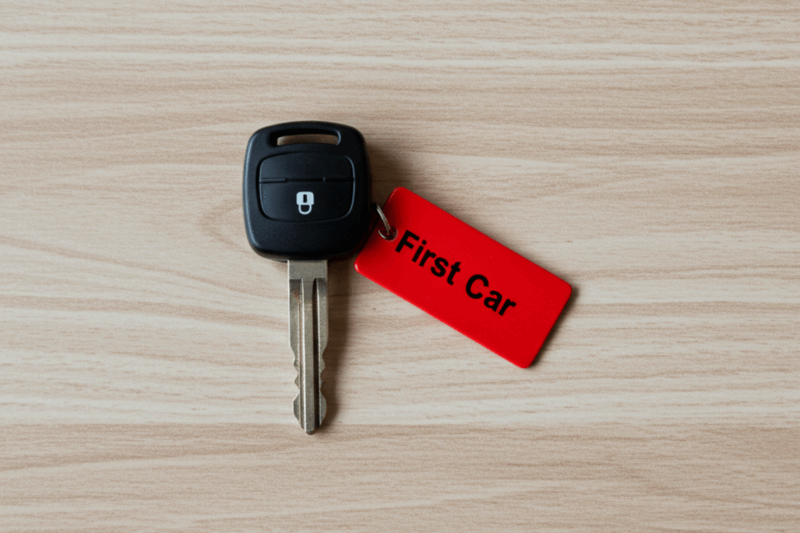When it comes to car insurance, the term “full coverage” often gets thrown around, leaving many drivers wondering: is it really worth it? If you’re feeling unsure about whether to invest in full coverage for your vehicle, don’t worry you’re not alone. Let’s break it down in simple terms so you can make the best decision for your needs.

What Exactly Is Full Coverage Car Insurance?
First things first, “full coverage” doesn’t mean your car is protected from absolutely everything. Instead, it typically refers to a combination of two key types of insurance:
- Liability Insurance: Covers damage or injuries you cause to others.
- Comprehensive and Collision Coverage: Covers damage to your own car, whether from an accident, theft, vandalism, natural disasters, or other unexpected events.
→ Together, these policies help protect your wallet from a wide range of scenarios.
Who Should Consider Full Coverage?
Full coverage insurance can be a great option for certain drivers, but it’s not a one-size-fits-all solution. Here are a few situations where full coverage might make sense:
- You have a newer or valuable car: If your car is worth a significant amount, repairing or replacing it after an accident could be expensive. Full coverage helps safeguard your investment.
- You’re financing or leasing your car: Many lenders and leasing companies require full coverage to protect their interests.
- You live in an area with high risks: Whether it’s bad weather, high crime rates, or crowded roads, full coverage can provide peace of mind in areas prone to accidents or theft.
→ On the flip side, if you drive an older car that’s not worth much, paying for full coverage might not be the most cost-effective choice.
How Much Does Full Coverage Cost?
The price of full coverage depends on several factors, including your driving record, location, age, and the type of car you drive. While full coverage is more expensive than basic liability insurance, it also offers much broader protection. To decide if it’s worth the extra cost, consider this simple question: Could you afford to repair or replace your car out-of-pocket if something happened to it? If the answer is no, full coverage might be a smart investment.
Pros and Cons of Full Coverage
⇨ Let’s weigh the benefits and drawbacks to help you decide:
→ Pros:
- Covers a wide range of scenarios, from accidents to theft.
- Provides peace of mind knowing your car is protected.
- Can save you from major out-of-pocket expenses after an incident.
→ Cons:
- Higher monthly premiums compared to liability-only insurance.
- May not be necessary for older cars with low market value.
Tips for Saving on Full Coverage
➠ If you decide full coverage is right for you but worry about the cost, here are some tips to save:
- Shop around: Compare quotes from different insurers to find the best deal.
- Raise your deductible: A higher deductible can lower your monthly premium (just make sure you can afford the deductible if you need to file a claim).
- Bundle policies: Many insurers offer discounts if you combine auto insurance with other policies like home insurance.
- Ask about discounts: Some companies offer discounts for safe driving, good grades (for students), or installing anti-theft devices in your car.
Conclusion
So, is full coverage car insurance worth it? The answer depends on your individual situation, your car’s value, your budget, and your comfort level with risk. It’s not always necessary, but for many drivers, it provides valuable protection and peace of mind. Take some time to assess your needs and weigh the pros and cons. And remember: no matter what type of insurance you choose, the goal is to drive confidently knowing you’re prepared for whatever life throws your way.


![What to Do After a Car Accident [Step by Step for Insurance Claims]](https://autoreviewzone.us/wp-content/uploads/2025/06/what-to-do-after-a-car-accident-step-by-step-for-insurance-claims-800x533.png)
